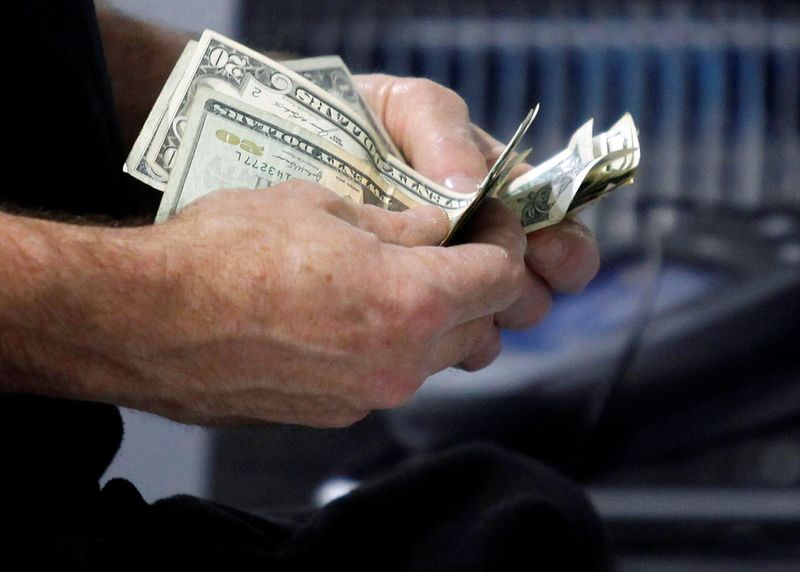(Reuters) - U.S. consumers expect housing prices and other costs to rise in the near term as the economy recovers from the crisis caused by the coronavirus pandemic, but they don't expect the inflation bump to last, according to a survey released Monday by the Federal Reserve Bank of New York.
Consumers surveyed in April said they expect inflation to rise by a median of 3.4% over the next year - the highest level since September 2013. Expectations for inflation over the next three years were unchanged at 3.1%.
Fed officials, including Fed Chair Jerome Powell, say they expect near-term pricing pressures to diminish as supply bottlenecks are resolved and distortions related to sharp price declines at the start of the pandemic last year fade from inflation calculations.
The findings from the New York Fed's monthly survey of consumer expectations suggest some people also expect the inflation bump to be short-lived.
The housing boom fueled by low interest rates and a desire for more living space is expected to continue, with median year-ahead price growth expectations at a new series high.
Rental cost expectations increased for the fifth consecutive month and are now expected to rise by 9.5% over the next year, also reaching a series high.
Some modest relief is expected in gas prices, which are now expected to rise by a median of 9.2% over the next year, down from a high of 9.9% in March.

The survey is based on a rotating panel of about 1,300 households.
Consumers lowered their expectations for future earnings and spending. Income growth expectations dropped across age groups and education levels to a median of 2.4% in April. Spending growth expectations dropped slightly to a median 4.6% in April from a six -year high level of 4.7% in March.